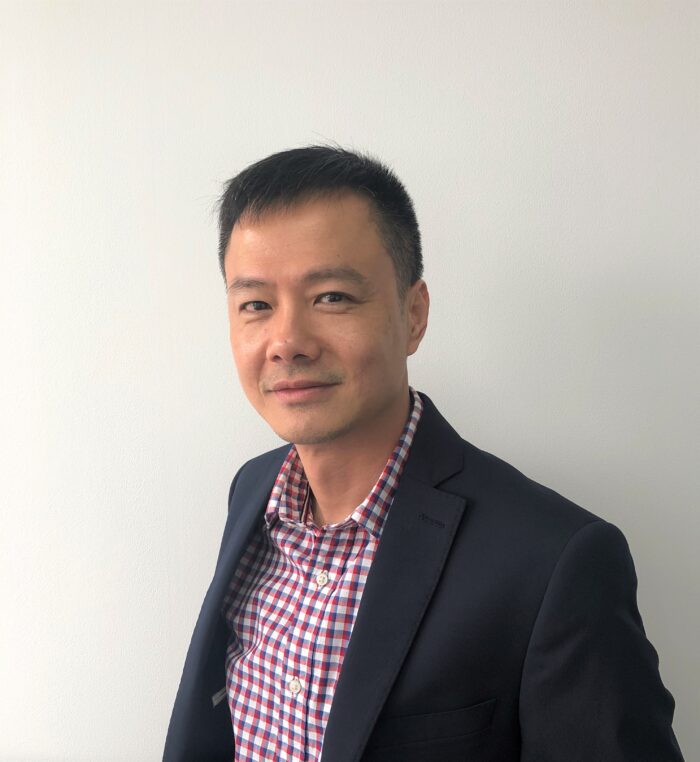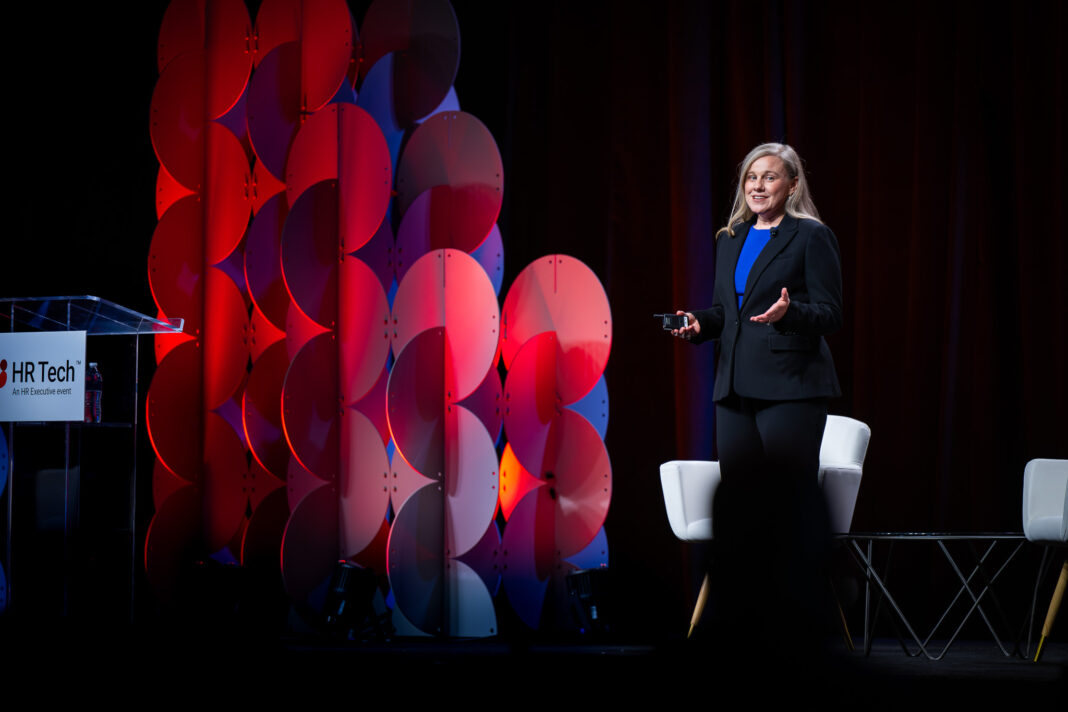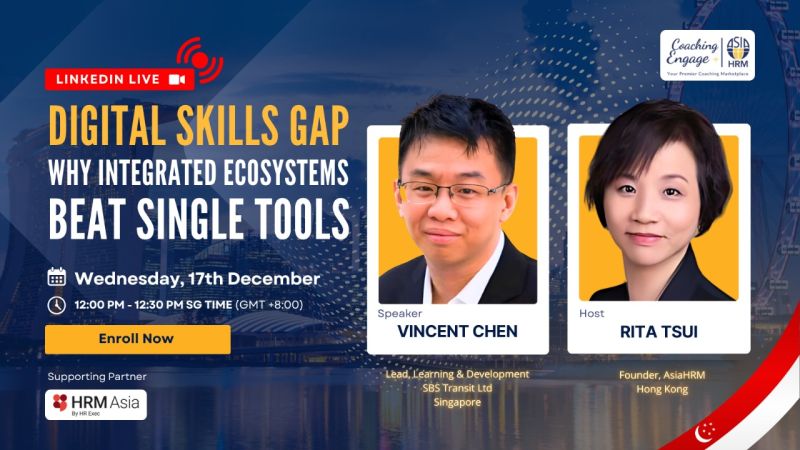Listen to understand: How to manage a multi-generational workforce
- Shawn Liew

With the rapid rise of the Gen Z workforce, organisations are increasingly faced with the challenge of managing a multi-generational workforce while creating an inclusive and harmonious culture.
For instance, how can leaders encourage older employees and leaders to be more receptive to Gen Z’s ideas and embrace differing perspectives?
“There is no one-size-fits-all strategy for leading Gen Z employees, or any generation for that matter,’ said David Lim, SVP Human Resources, Asia Pacific, PVH Corp. “I would recommend organisations asking this question to do a focus group discussion to better understand what’s working and what’s not for them now.”
Lim was speaking with HRM Asia after the successful conclusion of HR Tech Fest Connect 2023, where he was part of a panel discussion that addressed the critical challenges of understanding and engaging Gen Z employees.

“There is no one-size-fits-all strategy for leading Gen Z employees, or any generation for that matter. I would recommend organisations asking this question to do a focus group discussion to better understand what’s working and what’s not for them now.”- David Lim, SVP Human Resources, Asia Pacific, PVH Corp.
He was joined by Dr Sandhya Karpe, Human Capital Centre Leader, Asia and Programme Director of Asia Diversity, Equity and Inclusion Council, The Conference Board; Ruth Gellert-Neale, Chief Human Resources Officer Technology, APAC and EMEA, JLL Technologies; and Wong Yang Sheng, Head of HR for Singapore, Australia and Brunei, Standard Chartered Bank.
At PVH, initiatives such as the Mentor Me Programme encourage baby boomers and Gen Y employees to mentor a group of five to six Gen Z associates across various functions and markets.
Lim explained, “Providing constant feedback, regularly communicating with the Gen Z associates and understanding more about their professional and personal lives can help build stronger relationships and more importantly, change mindsets to be more open to Gen Z’s ideas.”
This drive to continuously facilitate ongoing dialogues with Gen Z employees is also designed with the belief that it is better to “Listen to Understand”, rather than “Listen to Respond.”
To better understand employee needs and address priorities such as learning and career development, PVH launched a “Learning Wednesday” initiative earlier this year, with the intention of upskilling capabilities and uplifting performance. Another key goal is to cultivate a growth mindset and build a culture of continuous learning, while encouraging associates to commit to their own learning.
READ: A people-first focus for a connected workplace: HR Tech Fest Connect 2023
In addition to external speakers, PVH associates from different generations were invited to share their experiences. Specifically, Gen Z associates shared their insights of the business, expectation of the workplace and leadership, which is helping to cultivate mutual understanding, respect, and trust at the workplace.
This in turn, is enhancing PVH’s culture by building stronger connections, more collaborative partnerships, and a sense of togetherness. “More importantly, it creates a learning environment for younger employees and allows them to share their perspectives,” Lim concluded.






